Fertiliser Blending Service
Vital Soils collaborates with numerous fertiliser blending companies across Australia to help growers source custom formulations. However, access to small-scale blending below the industry standard 1-tonne threshold is limited. This blending service is specifically designed to cater to market gardens, small orchards, home gardens, lawns, and farm trials, with no minimum order size and delivery available Australia-wide. Custom blending enables us to achieve higher performance in all our fertiliser programs while keeping it simple and convenient for farmers and gardeners.

Traces:
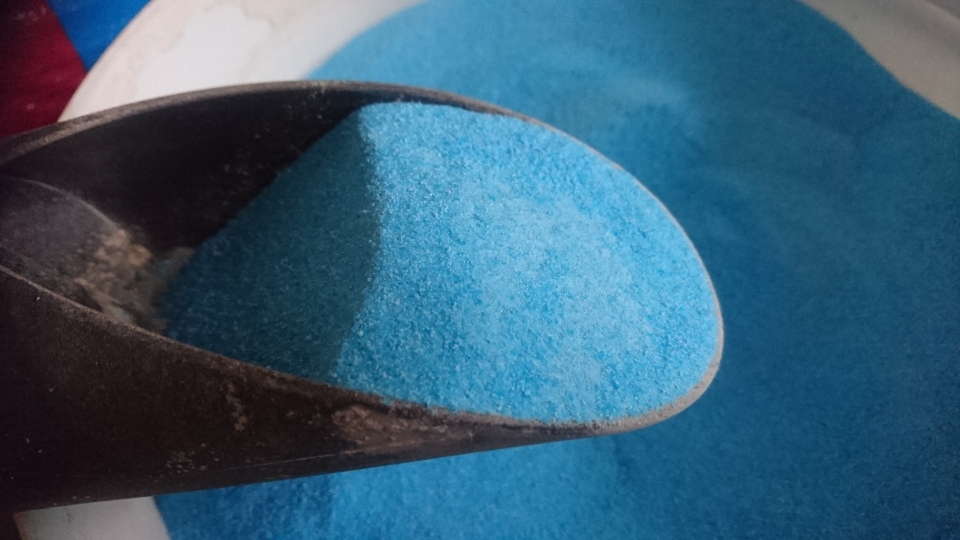
Blue Stone (Copper Sulphate) is made from reacting copper metal to form copper sulphate. This is done as the natural deposits of CuSO4 are rare.
Nutrient function: Copper in the plant is part of several enzymes. It works to protect the photosynthesis systems during periods of stress, helps wound healing and increases cell wall strengthen, Good copper nutrition can be expected to reduce disease pressures.
Specifications: 25.4% Copper
Availability: Available
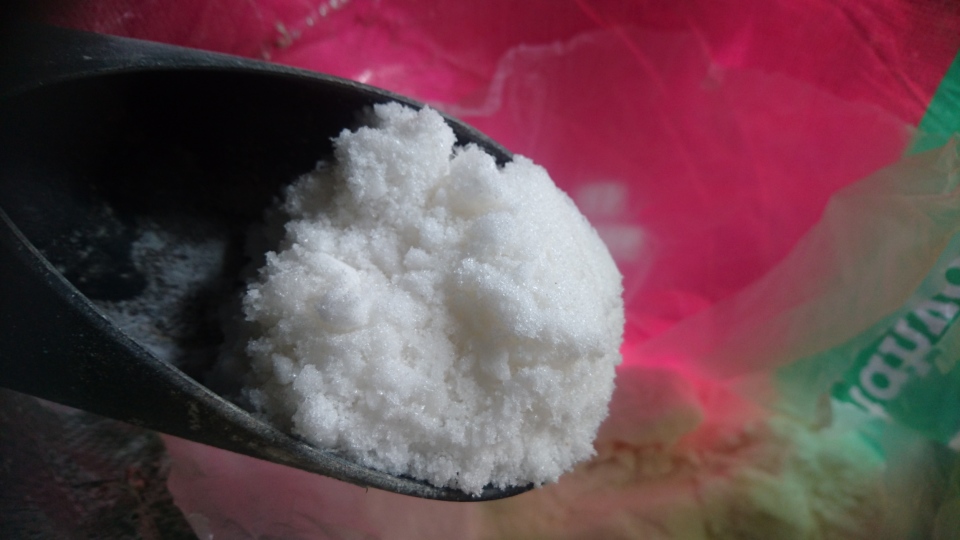
Zinc Sulphate - Nutrient function: Zinc is required with phosphorus to successfully build ATP which carries all the energy around the plant. It is important for Azotobacter, the free-living, nitrogen-fixing organisms that source nitrogen from the atmosphere. It is also a major player in the transformation of plant sugars into complex carbohydrates. It has been known to increase drought tolerance due to increasing efficiency of water uptake and most importantly, zinc is required to construct “auxins”. Hormones that govern leaf size. A zinc deficiency will always mean smaller leaves reducing photosynthesis capacity.
Specifications: 22% Zn, 11.7% S
Availability: Available
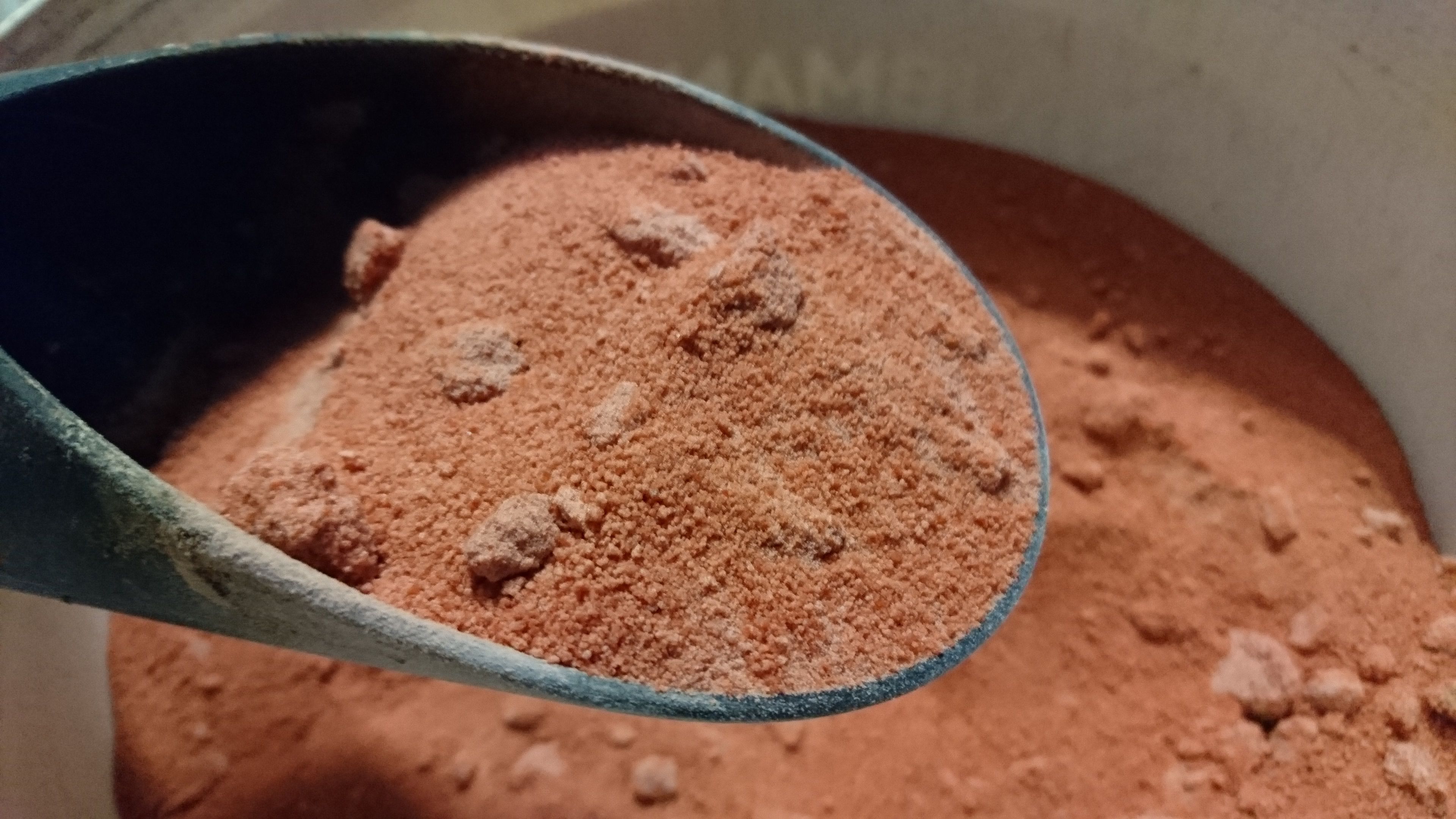
Cobalt sulphate is the most common form of cobalt use in fertilisers and feed supplements. It is a mined ore which is purified of other metals in india.
Nutrient function: Cobalt assists rhizobium species on legume nodules responsible for nitrogen fixation. It has been shown that good cobalt levels can significant increase nitrogen fixation up to 30%, thus increasing yield and residual nitrogen for the next crop.
In the ruminant cobalt is important to the gut biota during the animal's fermentation to make vitamin B12.
Specifications: 21% Co,
Availability: Available under consultation ONLY
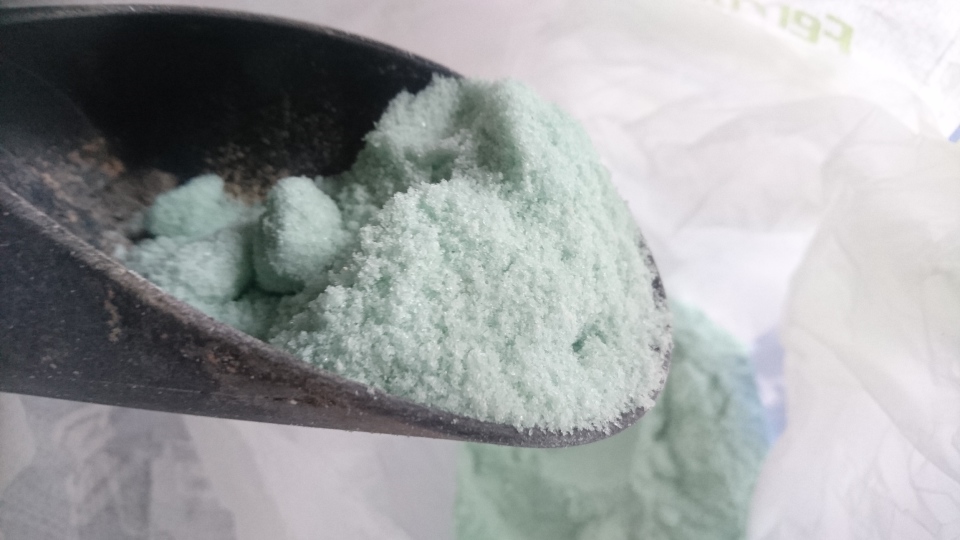
Ferrous Sulphate (Iron Sulphate) is made in a similar way to copper sulphate.
Nutrient function: Iron in the plant is key to the effectiveness of the photosynthesis system. Like copper it also protects the photosynthesis system from stressors. Plays a role in the formation of the casparian strip in the root helping the plant increase its nutrient selecting power and critical in the soil for itogen fixing biology.
Specifications: 19% Iron, 11% S
Availability: Available
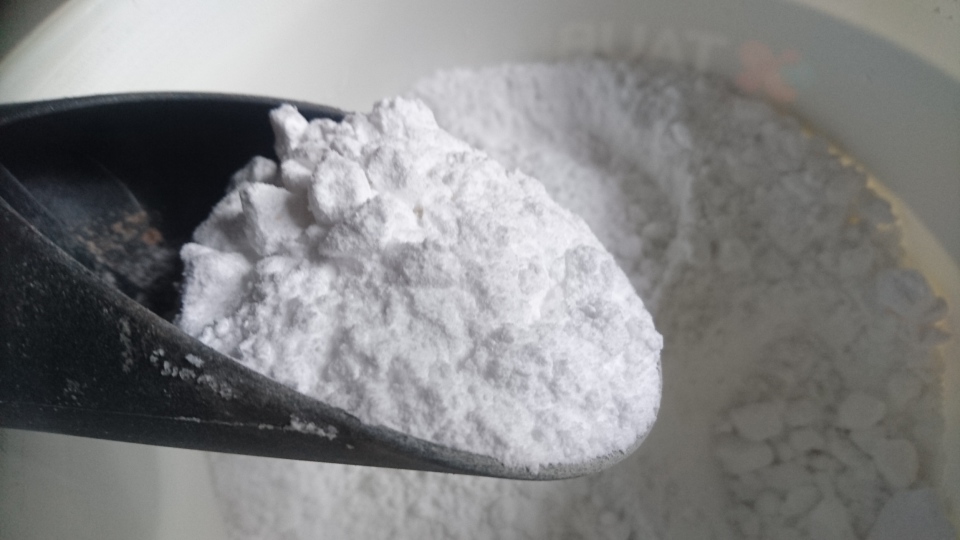
Etidot-67 Boron (disodium octaborate tetrahydrate) is produced with the reaction of borax and boric acid forming 67% boric oxide. Made by ETiMADEN in Turkey,
Nutrient function: Boron is critically important due to its relationship to calcium. Together calcium and boron form part of the cell wall structure in plants. Good wall structure increases the plant’s ability to selectively uptake nutrients, increases the plants tolerance to environmental stressor and increases resistance to pathogen attack. There are also other uses of this product such as wood treatment against white ants and protecting the sap wood in furniture that retains the live edge.
Specifications: 31% B
Availability: Available
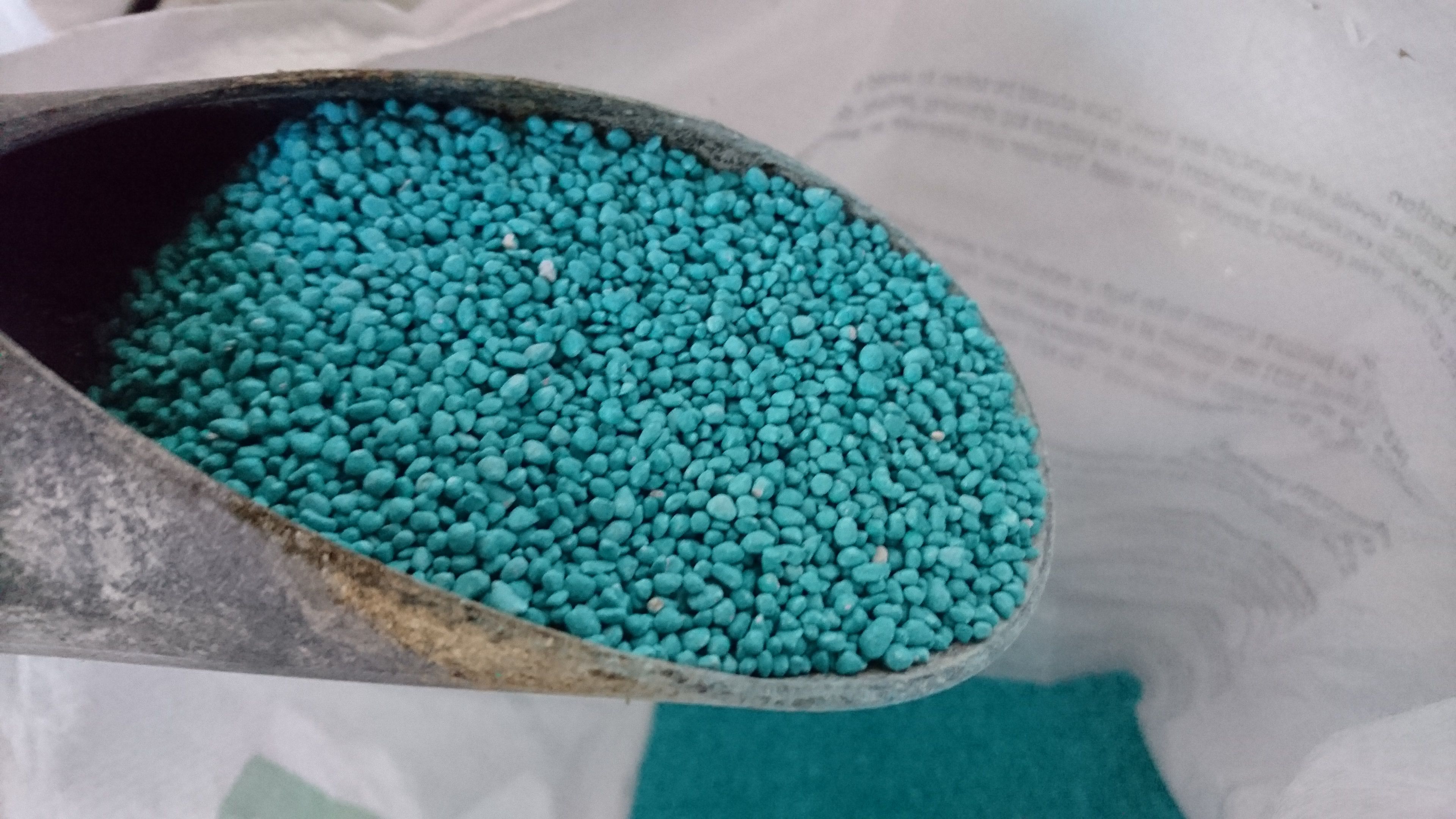
Selenium - Selcote Ultra
Slow release granules used for increasing selenium in pastures for animal health and in specialised horticultural situation.
Specifications: 1% Se
Availability: Available under consultation ONLY
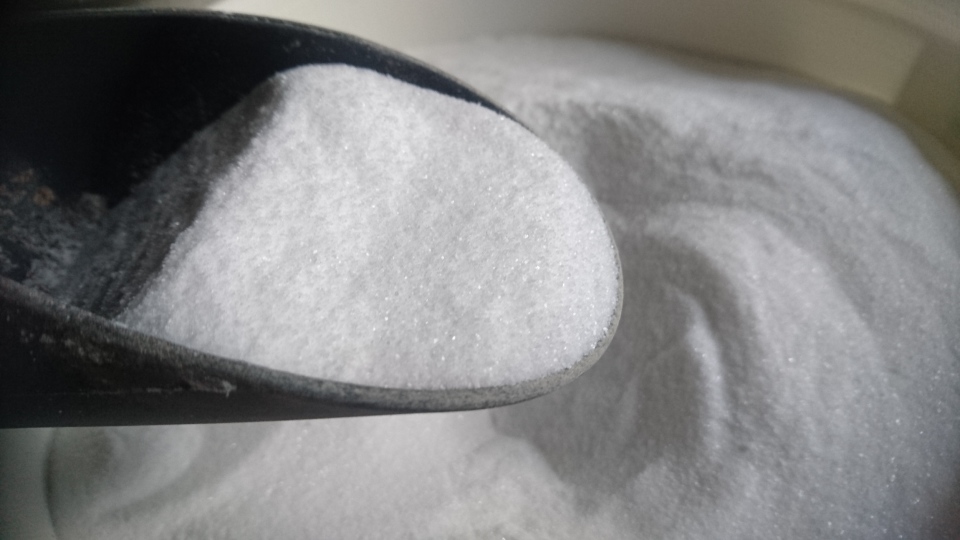
Sodium Molybdate - Molybdenum
Nutrient function: Molybdenum has a critical role supporting the reduction of nitrate (NO3-) to nitrite (NO2-), the first step in the synthesis of amino acids and proteins. This function is important in the plant and to Rhizobium bacteria in the nodules of legumes to fix nitrogen.
Specifications: 39% Mo
Availability: Available
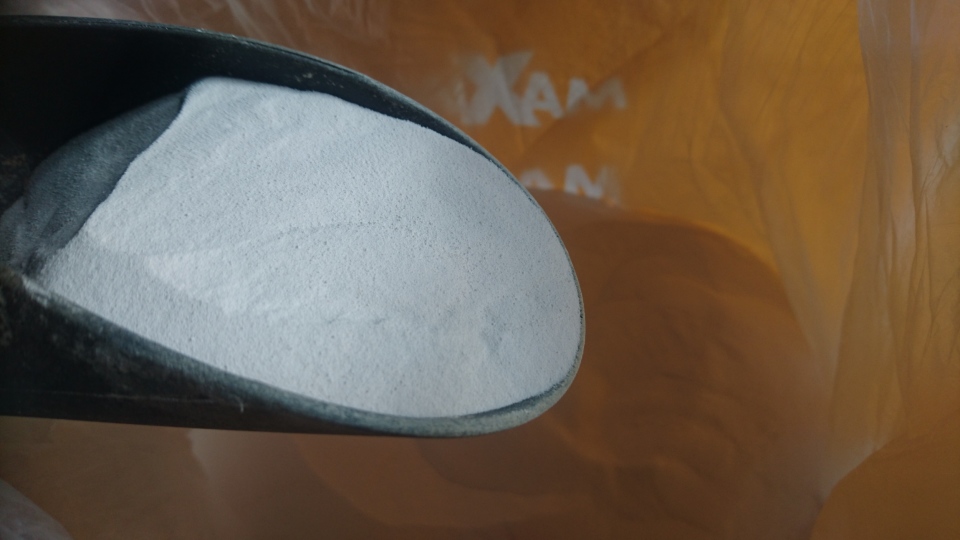
Manganese Sulphate
Nutrient function: Manganese plays a major role in converting photosynthetic energy into sugars. Failure at this step will lower brix readings and give poor performance. By increasing brix levels natural pest and disease resistances increases. Manganese is also part of the plant immune system, making internal fungicides (hydrogen peroxide) and building phytoalexins (equivalent to human antibodies but for plants). Manganese also strengthens cell wall formation increasing overall plant resistance and function. There is also evidence to show increase in plant resilience to abiotic stress such as winter hardiness, salinity and drought. Manganese is also used in all good seed treatments because it boosts germination and early vigor.
Specifications: 32% Mn, 19% S
Availability: Available
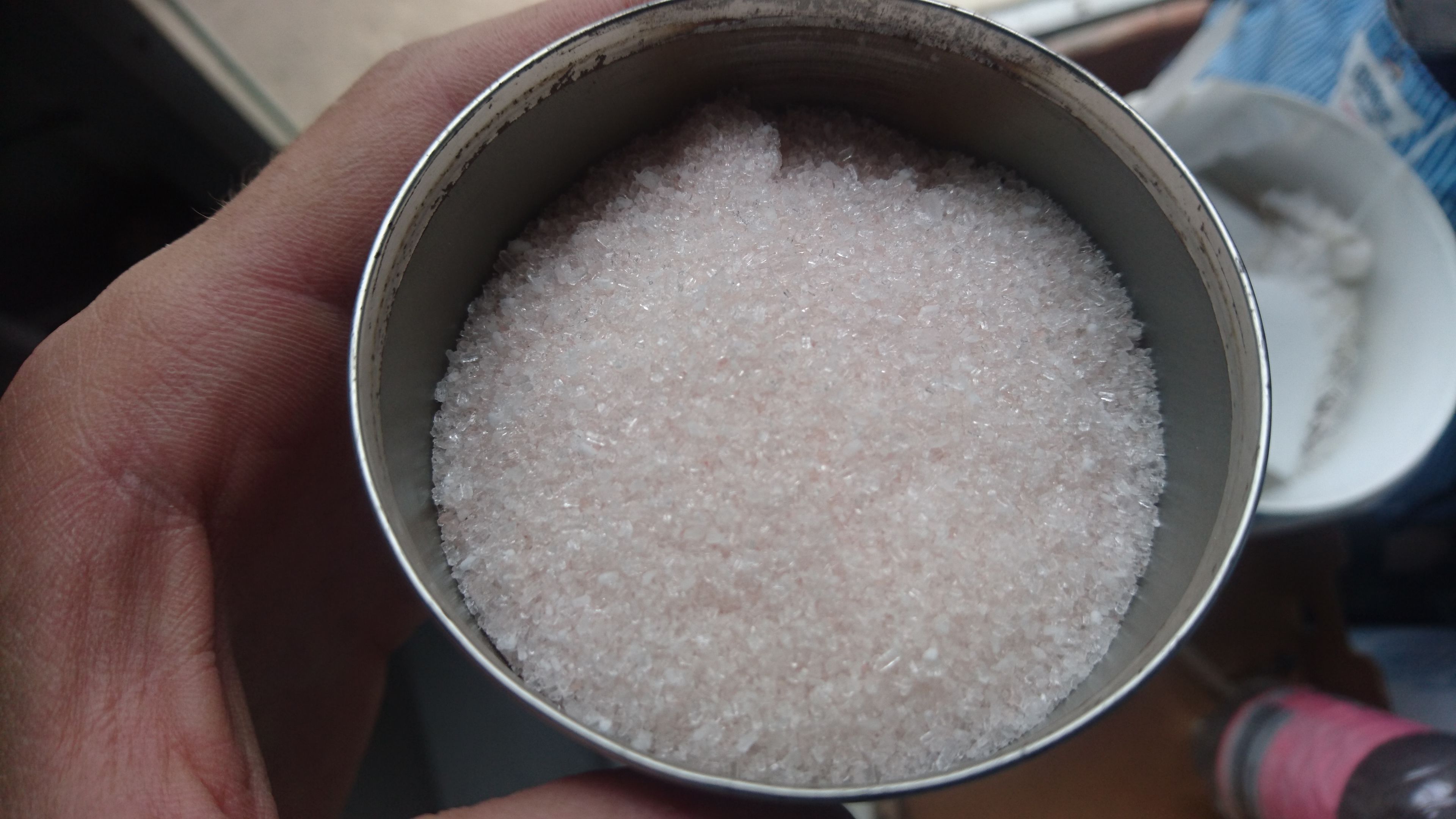
Silica - Coming soon
Nutrient function:
Specifications:
Availability: Not Available
NPK and Organic Buffers
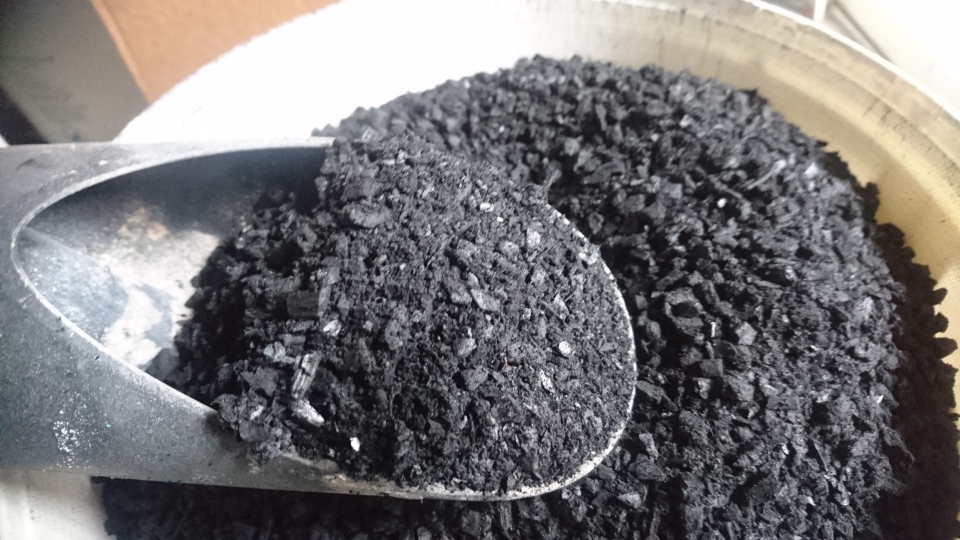
Carbon Buffer - Biochar standard Grit
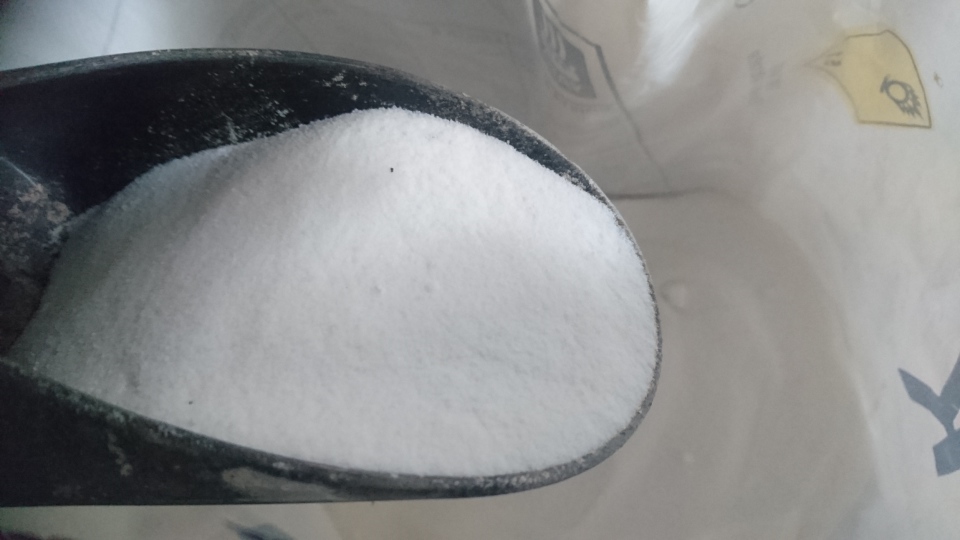
Calcium Nitrate

Carbon Buffer - Biochar ultra fine
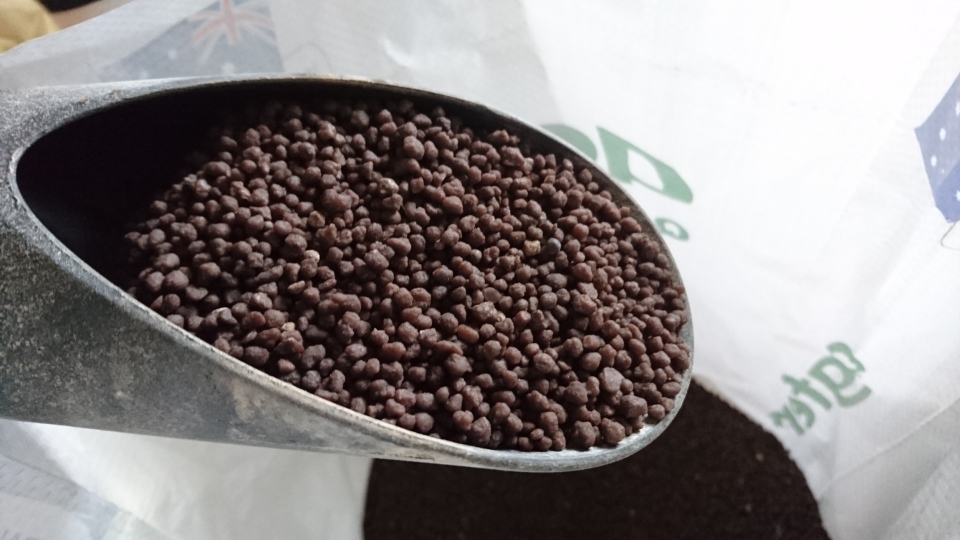
MAP
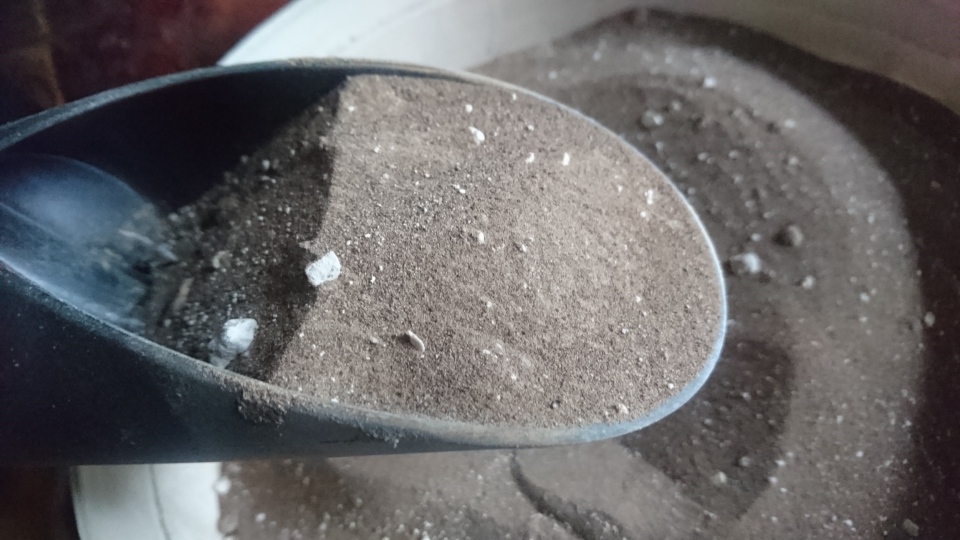
Rock Phosphate

Magnesium Oxide

Potassium Nitrate
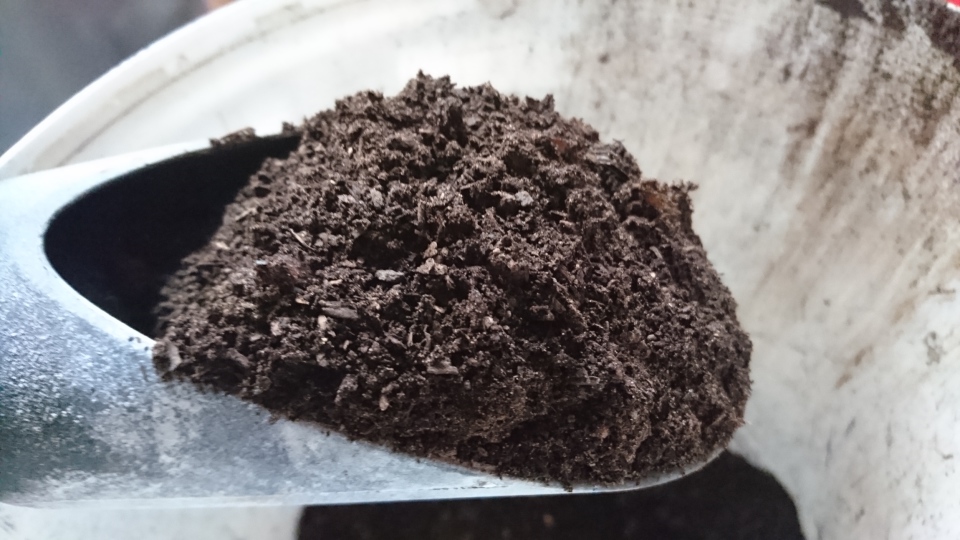
Compost
Soil Balancing Inputs
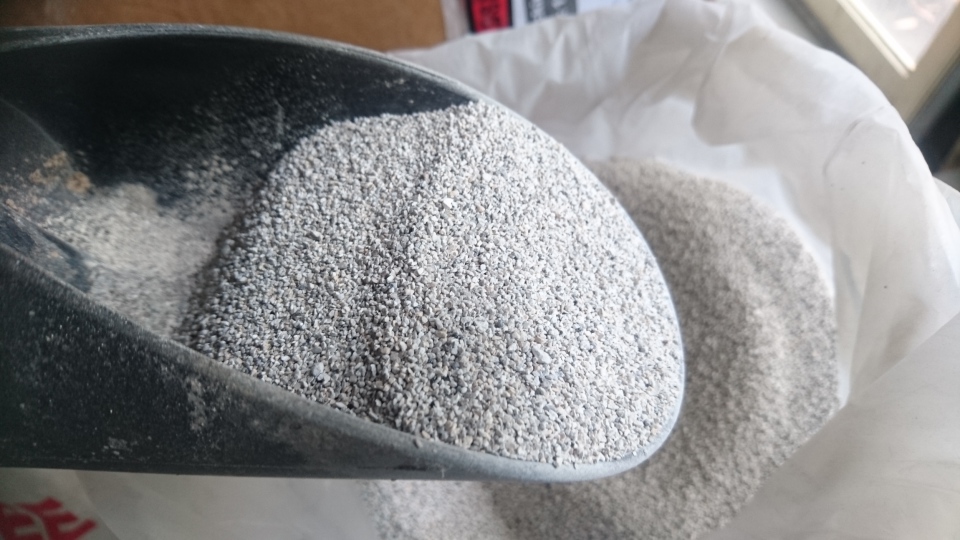
High Calcium Lime
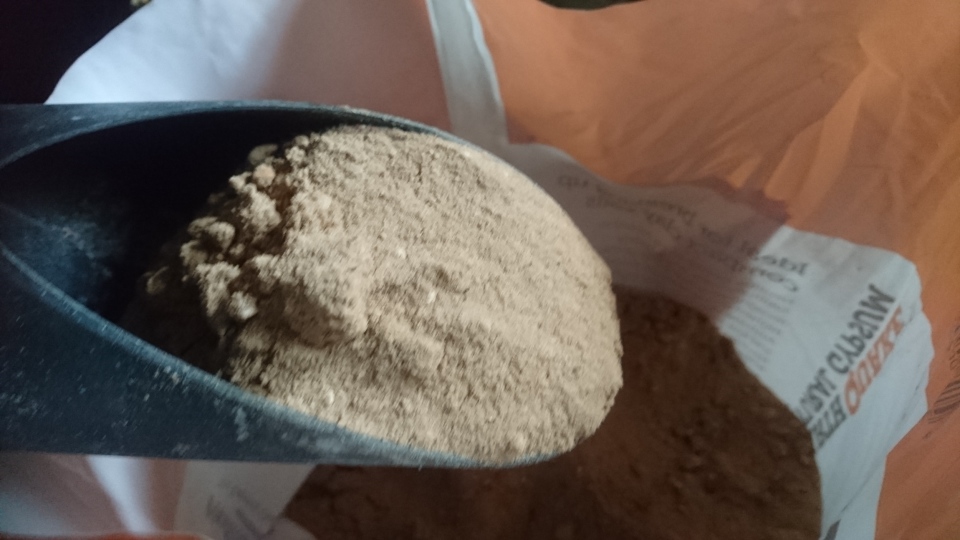
Gypsum
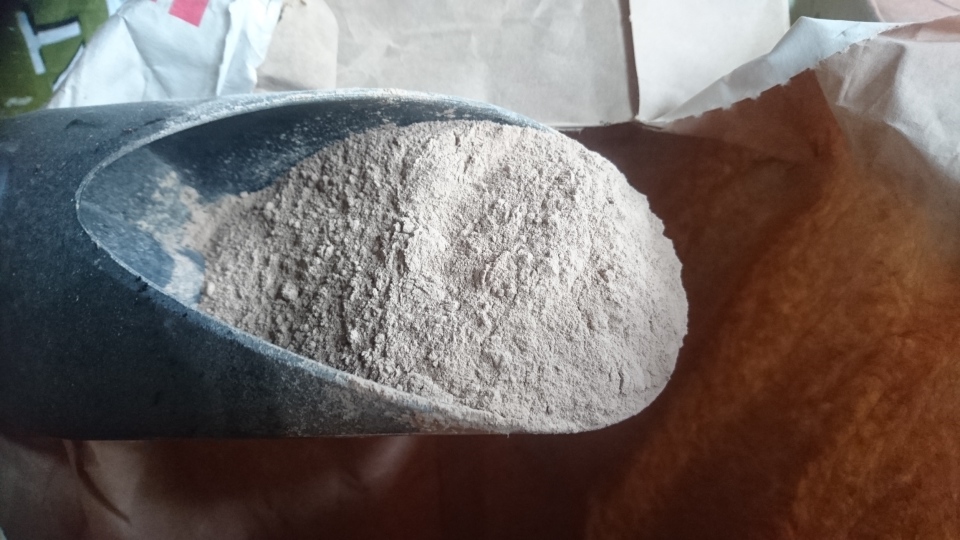
Dolomite

Epsom Salts
Organic Chelators
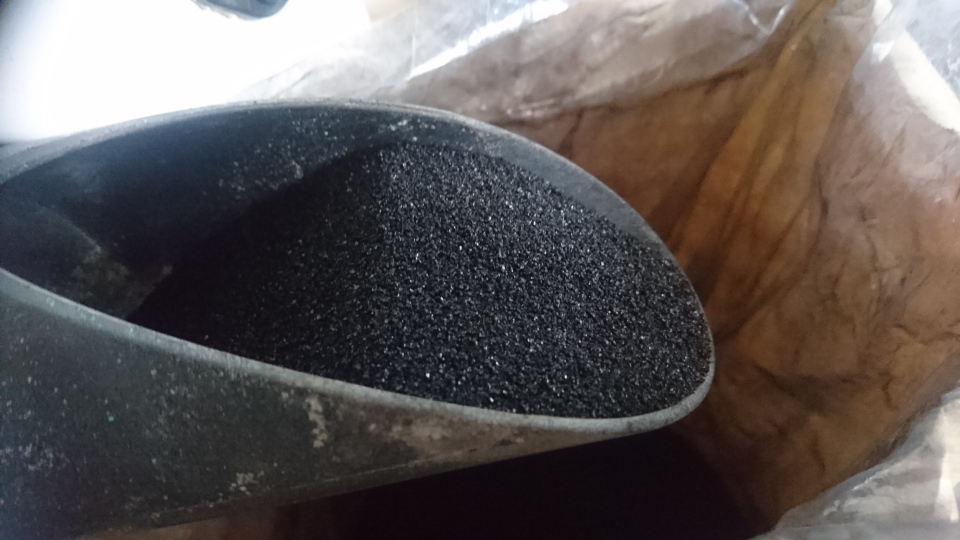
Humic Acid
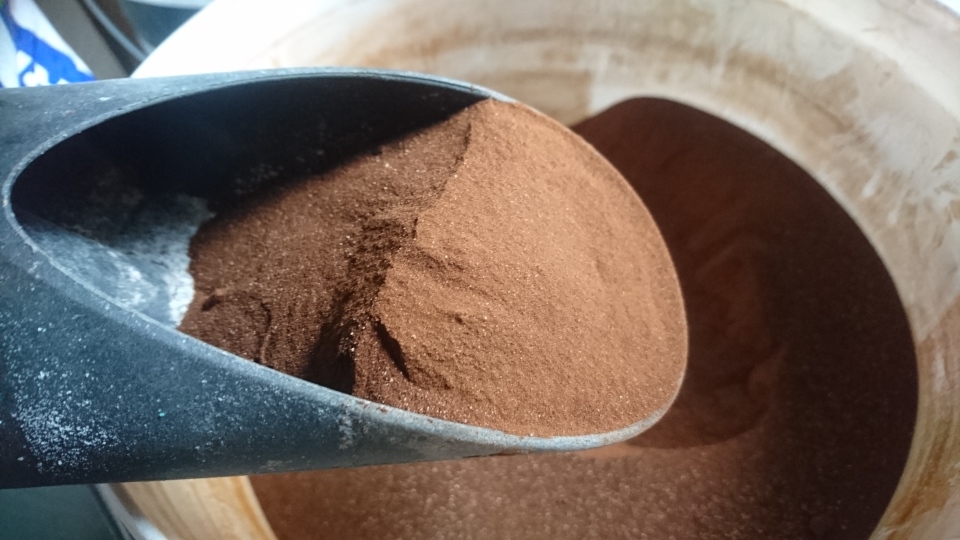
Fulvic Acid
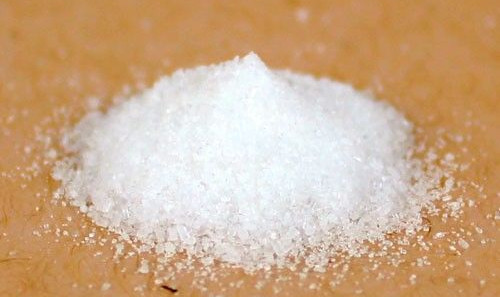
Citric Acid
Other Additives

Diatomaceous Earth for Silica

Sea Meal Kelp
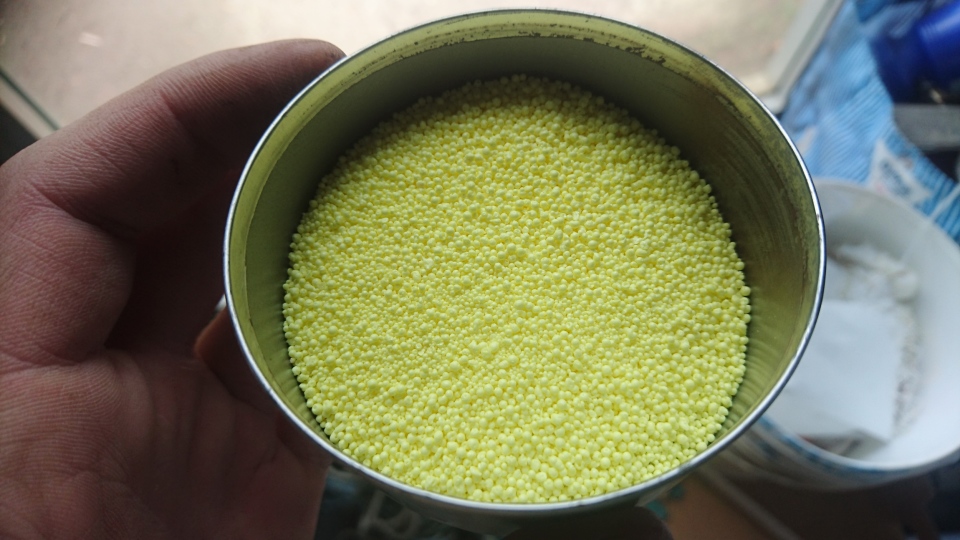
Sulfur

Sea Minerals

Potassium Iodine

Potassium Cilicate
